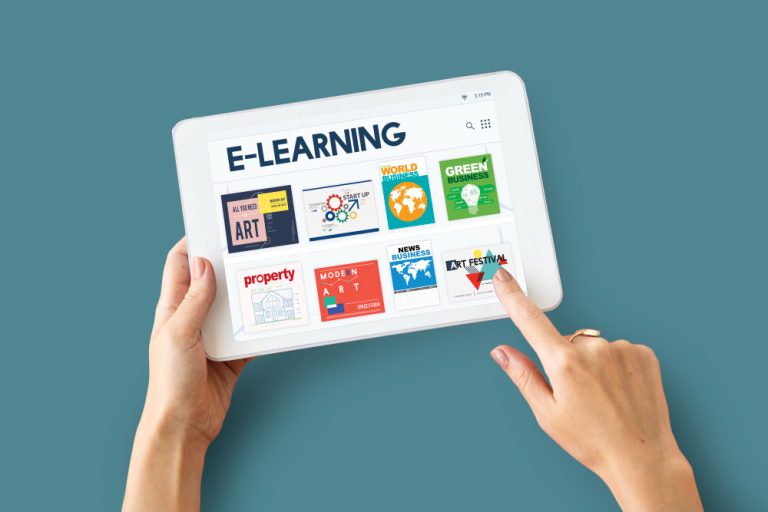
India’s landscape of education is seeing a digital transformation, especially in STEM. The push towards online learning is driven by rapid technological advancements. This movement has led to the emergence of numerous eLearning platforms that facilitate the study of science, technology, engineering, and math. In recent years, these tools have become vital in making STEM education more accessible and engaging for students across the country. The integration of technology in education aims to cater to diverse learning needs and prepare students for future challenges. In this digital era, technology acts as a bridge in helping students grasp complex STEM concepts effectively.
One of the top online tools making waves in the Indian eLearning space is BYJU’s. Known for its interactive and engaging learning methods, BYJU’s leverages technology to simplify complicated STEM topics for students. The platform uses visual aids and detailed explanations to ensure comprehensive understanding. This encourages active learning, making challenging subjects like math and science more manageable. Their adaptive learning feature ensures that each student progresses at their own pace. Through this personalized education experience, BYJU’s has transformed STEM education by aligning it with current educational outcomes and objectives.
Khan Academy is another prominent eLearning platform revolutionizing STEM education in India. With its vast repository of videos and practice exercises, students receive quality education from anywhere, anytime. The goal is to provide free, world-class education in STEM and other disciplines. This tool supports a self-paced learning approach, allowing students to revisit challenging topics until mastery is achieved. Its interactive quizzes and assignments encourage application over rote memorization. The platform’s multilingual offerings also break down language barriers, thus expanding accessibility.
Transforming traditional STEM education methods, Coursera opens up global learning opportunities. By collaborating with top universities and institutions, it offers courses in various STEM disciplines. Coursera presents learners with a broad spectrum of subjects, taught by esteemed educators. The flexibility of learning through Coursera enhances convenience for students balancing traditional schooling and extracurricular studies. Certifications provided by this platform add value to students’ academic profiles, promoting better career prospects. In this way, Coursera plays an integral role in the evolution of STEM education in India.
The eLearning platform Vedantu uses real-time online tutoring to make STEM subjects interactive and engaging for students. Through its live sessions, Vedantu brings educators and learners together on a common platform, creating virtual classrooms. The immediate interaction between teachers and students mirrors the dynamics of traditional classes. This approach ensures quick clearing of doubts and facilitates better understanding. The use of adaptive algorithms customizes student learning experiences, addressing individual academic requirements. Vedantu thus fosters an environment conducive to cultivating an interest in STEM.
Another platform, EdX, offers a diverse range of courses in various STEM fields through partnerships with leading global universities. By providing access to high-quality content from renowned institutions, students gain insights from some of the best minds in the field. With both free and paid options, EdX democratizes quality education, making it accessible to a broader audience. Their extensive array of STEM courses helps tailor the learning experience to cater to various interests. This adaptability significantly enhances student engagement and motivation. EdX stands as a testament to the seamless integration of technology with education.
Overall, the transformation in STEM education through online tools is setting a strong foundation for the next generation. These platforms are bridging the gap between traditional and digital education, ensuring comprehensive learning. With the focus on personalization, accessibility, and interactivity, these tools are aligning with the needs of modern learners. The evolution of eLearning in India is not just about technology but about embracing innovative educational methodologies. As the demand for skilled STEM professionals rises, empowering learners through effective eLearning tools becomes imperative. Indeed, these online solutions are key drivers in the evolution of India’s educational landscape.






